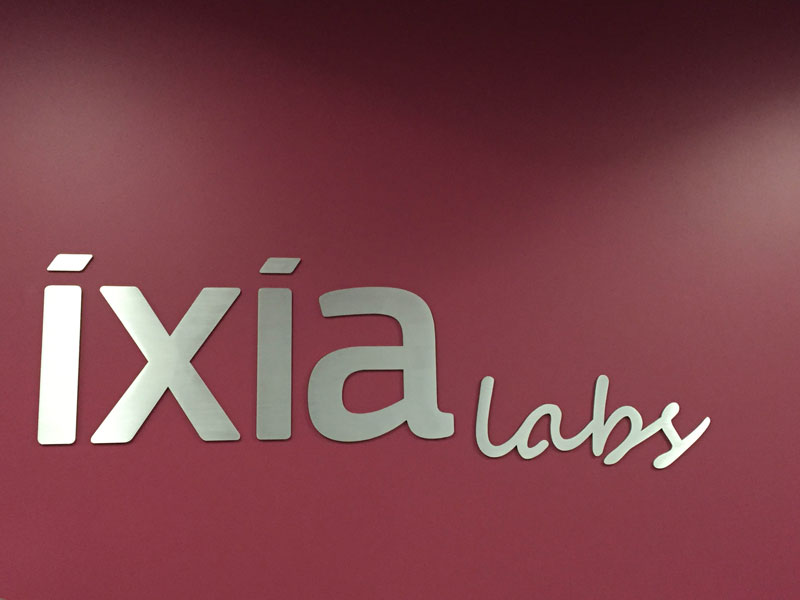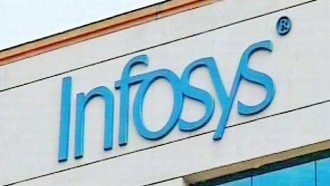 Network testing and visibility specialist Ixia has decided to look to partners and distributors to help it increase enterprise sales and wants to become 100 percent channel based.
Network testing and visibility specialist Ixia has decided to look to partners and distributors to help it increase enterprise sales and wants to become 100 percent channel based.
It launched its Xcelerate partner programme a couple of years ago and has worked out that its global partner “ecosystem” was playing a vital role in delivering the innovation, expertise, and excellence enterprise customers want.
CEO of Ixia Bethany Mayer, said: “Relying 100 percent on channel partners to provide world-class service to enterprise customers reaffirms our confidence in every organization participating in our Channel Xcelerate Partner Programme.”
The firm already has 800 partners on board globally and is on the hunt for more. The vendor works with the Exclusive Group in the UK and is close to sealing a deal with a global distributor shortly.
Gabe Luis, head of enterprise segment and technology partners EMEA at Ixia, said that the decision to go 100% channel was a big deal for the firm and would mean that significant revenues would now be going through partners.
“It shows a commitment to the channel and reassures our distributors and resellers that we are very commited,” he said.
The vendor provides network visibility tools and testing solutions, which it has worked hard to make easier for resellers to pitch to customers.
d.



















